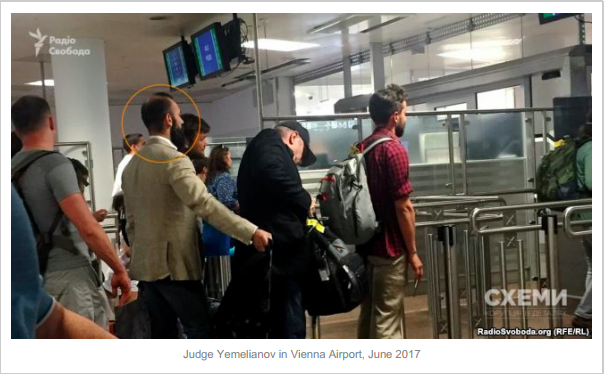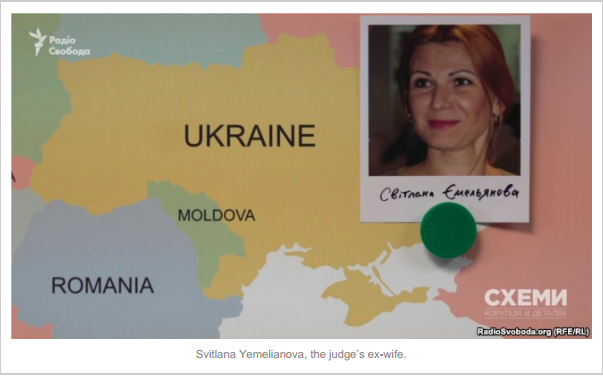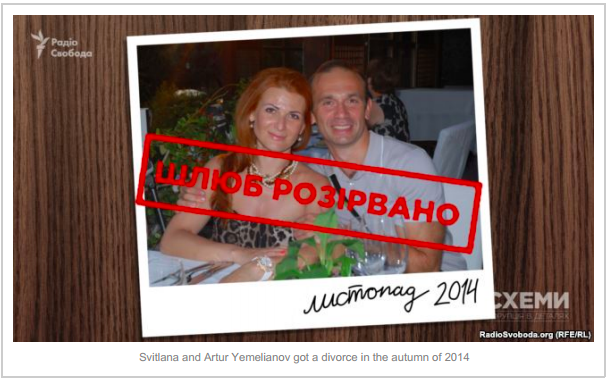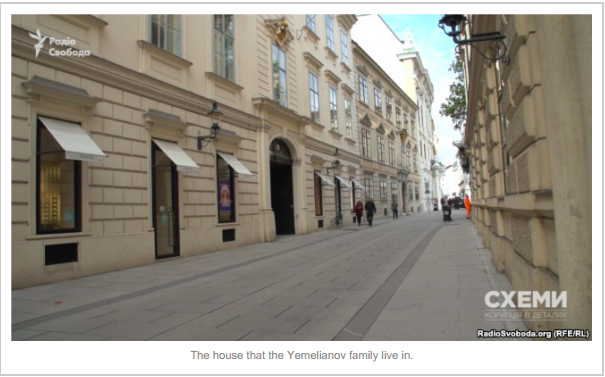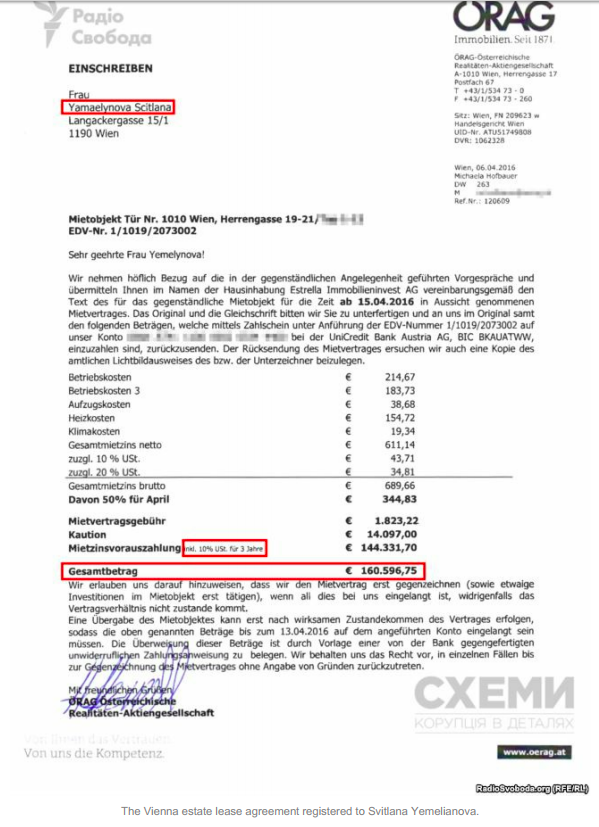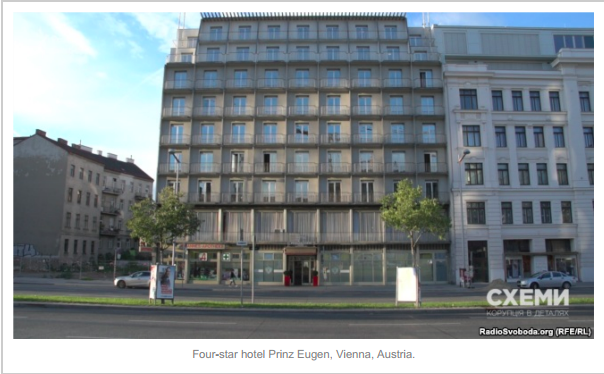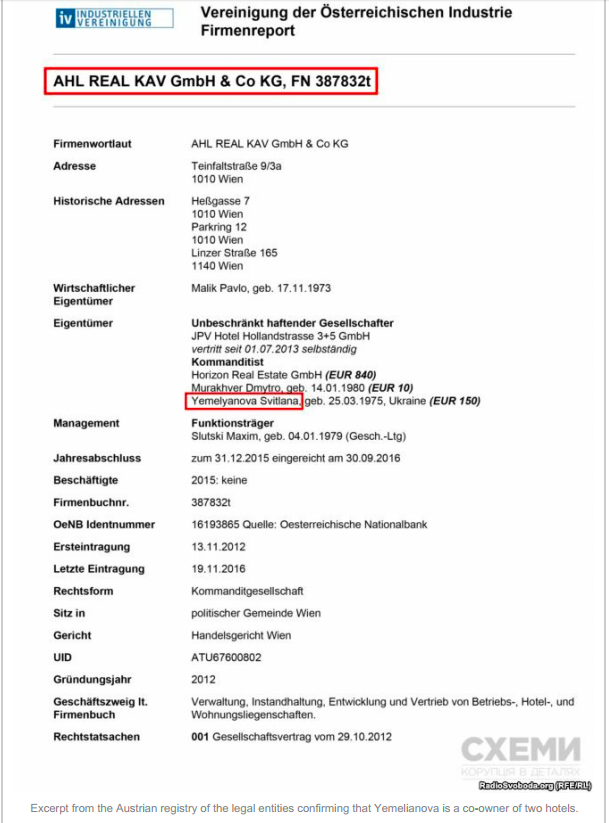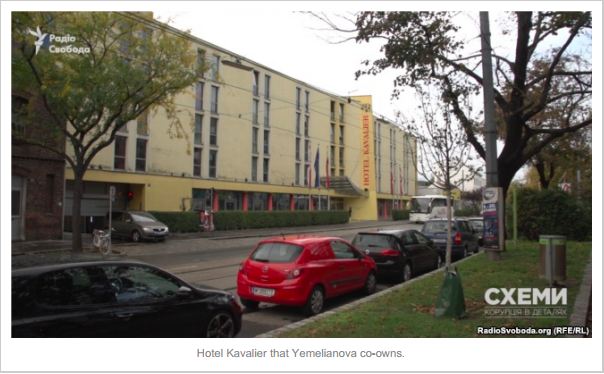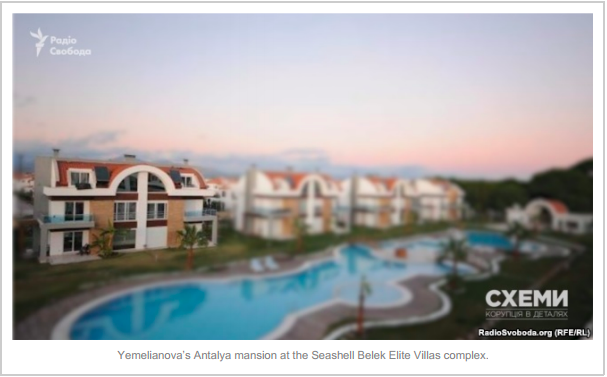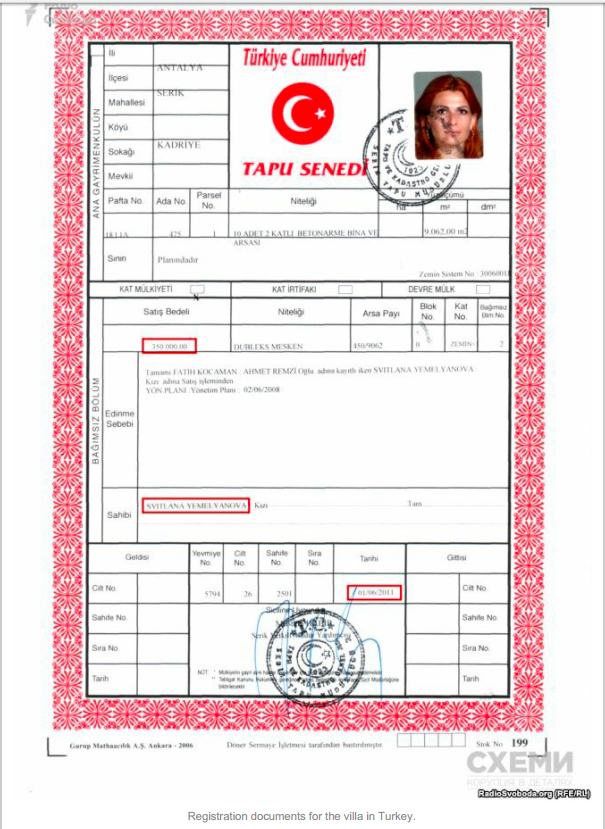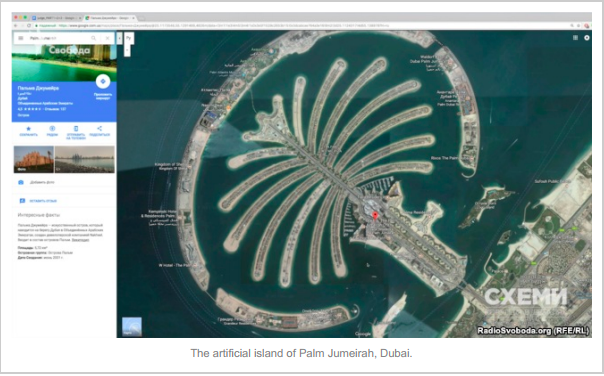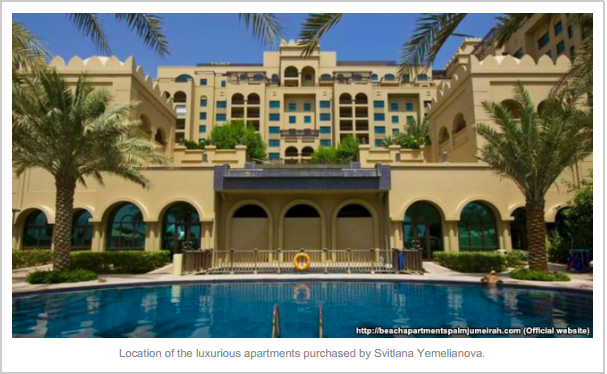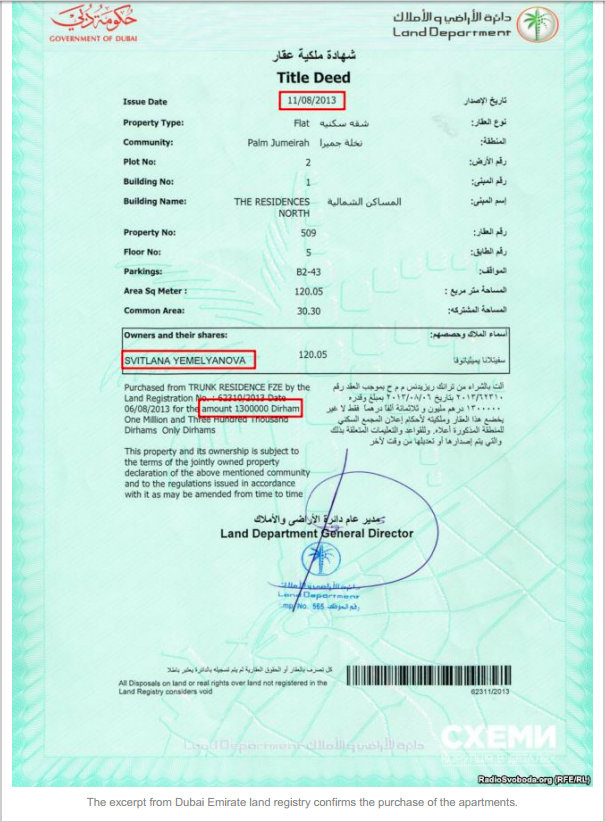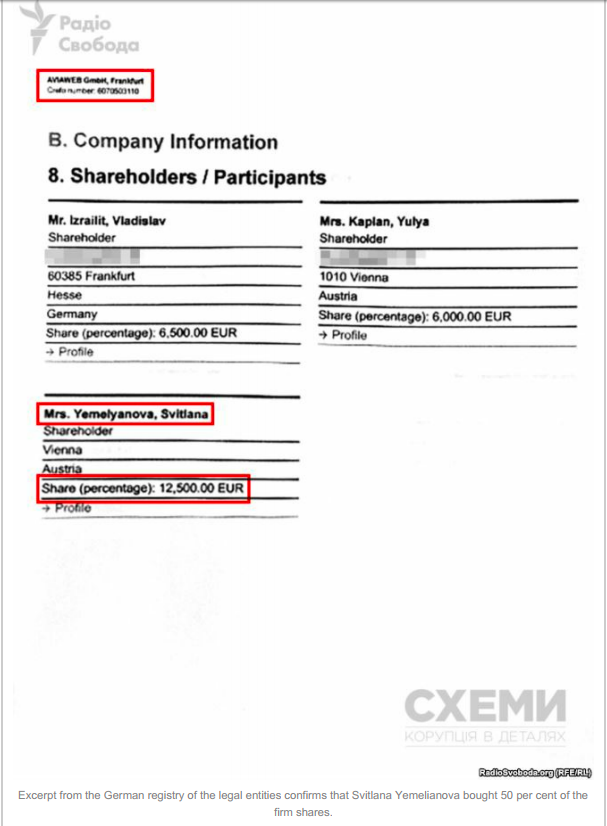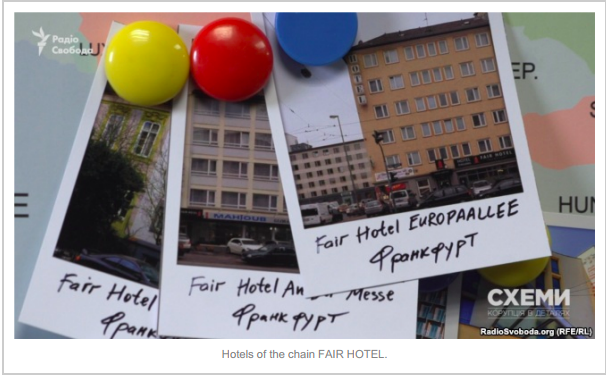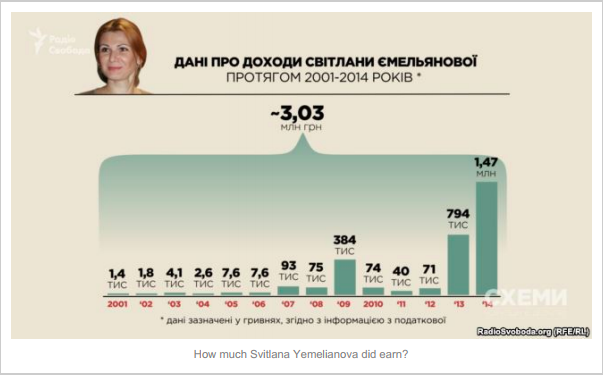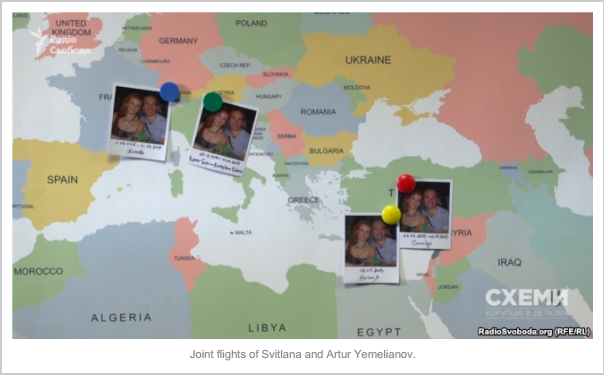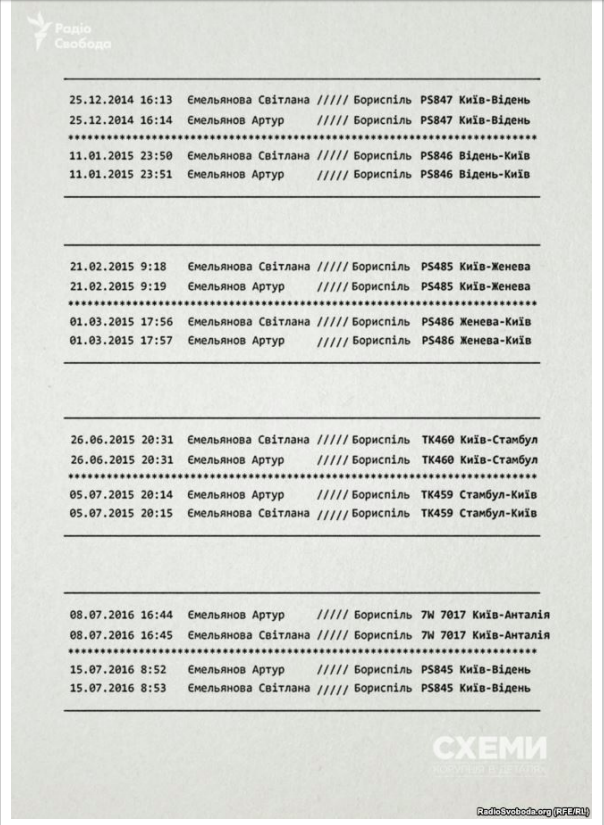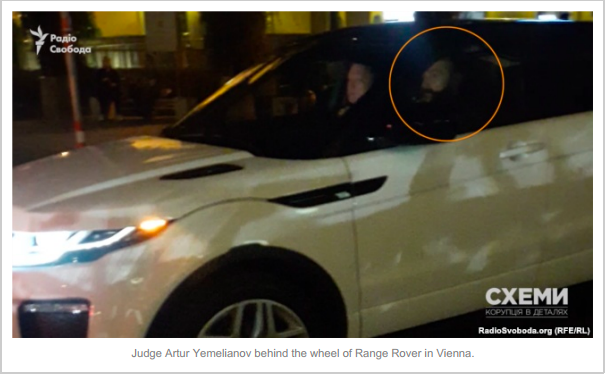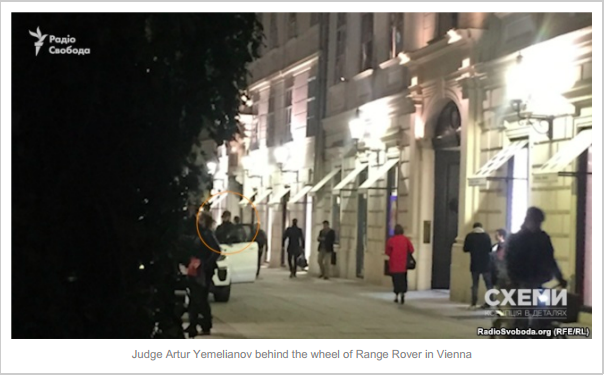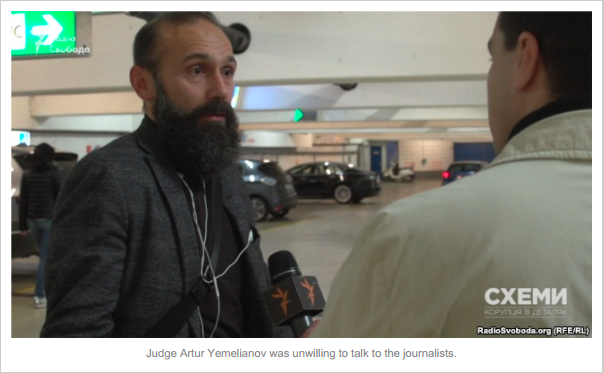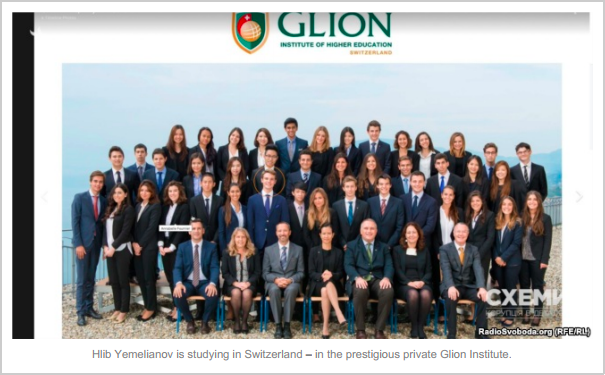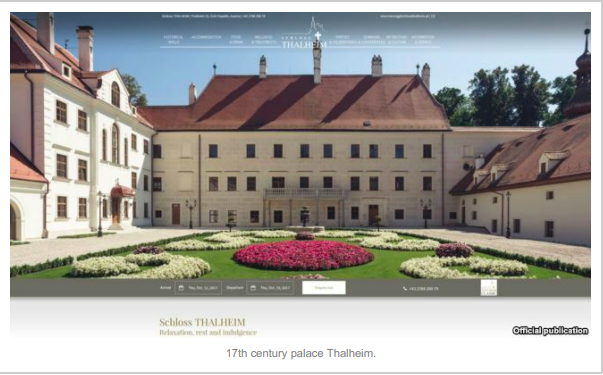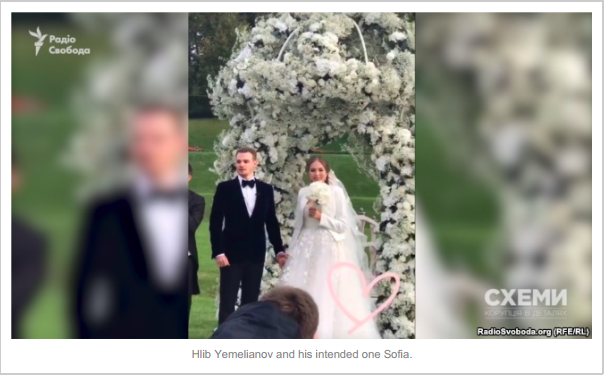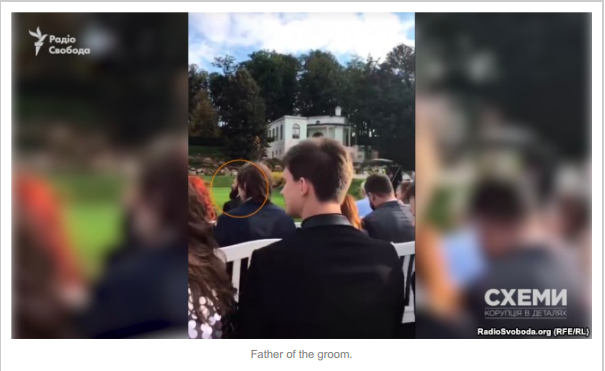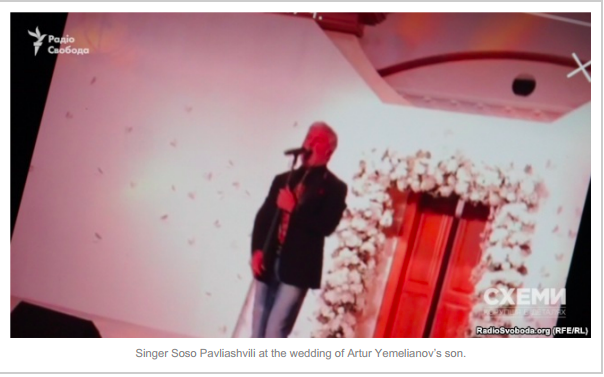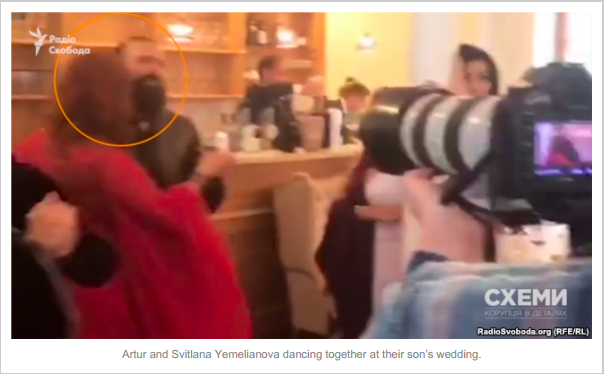This crime only requires poverty, internet, and a distant buyer
The sight of these sandals. Two pink leather sandals with a small metal buckle on the sill. In size two years. They lie on the ground in the afternoon sun quite undramatically like sandals and dead things do. But they lie there, because a two-year-old girl has suffered, because a man in an entirely different country caused her suffering, when he was sitting in front of his computer, perhaps unaware that he was about to destroy a child.
We are in the mountains near the Philippine capital Manila, in a hidden safe house that 45 children and youth call their home. Half of the children have been exposed to a crime which was impossible to commit only a few years ago. They are victims of livestream abuse, also called webcam paedophilia, where a person, often on the other side of the planet – orders sexual abuse of children over the internet, after which a facilitator in the Philippines commits and organises the ordered abuse of children in the Philippines. The abuse is played live on webcam to the client, who can watch it at the comfort of his own home. Typically, it all takes place on open and well-known internet services – Skype, Messenger, FaceTime and is paid through widespread payment services such as Western Union and PayPal.
On Tuesday 23 May (2017) judgment is passed in the case against a 70-year-old Danish man from Brøndby. He is accused of 346 incidents, over the period 2011-2016, of having ordered sexual assaults on Philippine children down to the age of three years, including rape of children below the age of 12. He pleads not guilty to the latter. He admits to having spent approx. DKK 80,000 (+/ – 10.000 euros) on so-called assault shows. Each of them have allegedly cost him 300-400 krone (+/- 40-50 euros).
The man from Brøndby never touched his victims, never visited the Philippines, and has – prior to this – never been convicted of sexual abuse. He is the grandfather of four and has lived in Brøndby with his Thai wife. During the first court interrogations in the beginning of March, the 70-year-old explained his livestreaming abuse was meant to “help” the children. “They lack money for food, the parents are ill and need to go to hospitals”, he said, and “I have the weakness that I find it diffcult to say no, when they ask for help.”
Also in Africa
The man explained in court in Glostrup that when he first started to search the internet, he was flooded with offers of abuse shows. His case is not the first, but it is the biggest in Denmark. In fact, Flemming Kjærside, police superintendent with the Danish National Police’s Cyber Crime Centre, claims he has not even heard of a case of this magnitude on a global scale. Of the type of crime, he says: “It is outrageous filth. The perpetrator is sitting at home in his living room ordering abuse of children that live in countries with hunger, poverty, and natural disasters. Families expose their own children to abuse to get food on the table. It is grotesque.” Last year, the European Police cooperation Europol wrote that this type of crime is spreading still. In court, a Danish expert from Europol told that the livestreaming abuse has “exploded” in the Philippines.
Recently, Danish police has also focused their attention on countries in Africa. Out of consideration for the investigations, Flemming Kjærside does not want to be specific about which countries. According to Flemming Kjærside, the countries are characterised by undergoing a technological quantum leap in internet access, while the rest of the development of the country has not followed the same pace as that of technology.
Distance increases roughness
The Philippines is such a country. The slum areas of the capital have an age structure, which is like stepping into a swarming kindergarten with very few adult teachers. A concrete pipe is something you use to sleep in. A churchyard is something you use for dumping garbage or as a playground. Even in these areas the residents have mobile phones with internet access or, as a minimum, access to an internet café. Technology is cheap, the internet access is good. If you don’t have money to buy a phone, you can get a quick loan.
This type of crime shows how globalisation can present itself in a form, where it makes the human absent from its own actions. The feeling of distance itself is known to most of us from our daily lives, when we buy a cheap T-shirt on the internet, are happy about the price without relating it to whom made it and under which circumstances it was made in Cambodia, China, Bangladesh, India, or the Philippines. Had we been physically present in the factory, we might have felt a heavy responsibility for how the t-shirt was produced and then rejected it. Our purpose is not to make a comparison between the purchase of cheap t-shirts and the purchase of sexual abuse of children, but to demonstrate how globalisation and digitisation can intensify that sense of distance from the victims.
Over the past few years, the Sexological Clinic in Copenhagen has had several Danish treated for livestreaming abuse, and their experience is there is a characteristic way this group of clients shakes off responsibility. Chief physician at Sexological Clinic, Ellids Kristensen says: “They distance themselves from the fact that they harm another human being. They excuse themselves from what they did by claiming the abuse was not physical. Some even deny the abuse, because it feels so unfamiliar with what they otherwise stand for in their lives.”
The 70-year-old man from Brøndby had the same self-evaluation during questioning: “Maybe it was not so real for me. It was happening on a screen”, he said. In court, the 70-year-old explained that he preferred girls from 13 years onwards. His chats to people in the Philippines show that he wrote “from 10 to 7 ok” and “if girl 7, there nice to”.
Among other things, he is accused of directing two underage siblings to have intercourse with each other, and coaching a 18-year-old mother towards violating her own daughters of about four and six years. Ellids Kristensen underlines that the internet abuse may become even more violent than other violations due to the distancing process, where the perpetrator in Denmark “can get to remote control another person to commit types of abuse that the Danish man would never commit himself.”
Love your family
The Philippine safe house in the mountains is run by the NGO Visayan Forum Foundation. For 26 years, the organisation has tried to fight modern slavery. In 2009, its founder and leader Cecilia Flores-Oebanda came across the phenomenon of livestream abuse for the first time. A nine-year-old girl had been exposed to the crime. Just like the perpetrators feeling distanced from their crime, so do the victims doubt the severity of what has happened to them, Cecilia Flores-Oebanda explains: “It is difficult for children to understand these relations and to understand that their abuse was ordered from abroad. They are consequently being told that they were online models.”
Online models have a glow of glamour to it, but usually the children come from the poorest social classes. The 45 children and teens in the house of Visayan Forum sleep in small dormitories with closely arranged bunk beds. They each have a small cabinet. If they need time alone, they can walk down to a small piece of grass land, where the children have painted the stones on the ground.
“Smile always” is written on a stone. “Love your family” on another.
The theme of family is incredibly sensitive to the children. In many cases, the families receive financial compensation for the livestream abuse.
In a number of the counts that the 70-year-old is accused of, the parents are directly involved in the crimes as sexual abusers or as witnesses, for example this count: “the accused (…) directed a girl of about 9 years to perform oral sex on a girl of about 8 years, while a 46-year-old woman, allegedly the mother of the 8-year-old held her hand.”
Cecilia Flores-Oebanda says with a deep sigh: “Children trust their parents and trust that their parents will protect them.”
The families sometimes repeat the evasive explanation of the perpetrator. They shirk responsibility by saying that the perpetrator from abroad did not physically touch their children. The facilitator in the Philippines frequently denies any responsibility for the actual abuse by claiming that the order came from foreign westerners. All parties involved in the crime wash their hands in a false sense of innocence.
Locals protect criminals
Cecilia Flores-Oebanda says that there are entire communities in which livestream abuse has become almost an acceptable source of income. An example is the village Og Lbabao on the island of Cebu.
“Some of the Philippine facilitators are protected by the local community. The parents deny any knowledge of the abuse, and thus also protect for example the neighbour who has committed the offences, because it points back towards the parents’ own knowledge,” she says.
In Visayan Forum’s house the children can sleep safely, go to school and learn to make independent decisions. The children must for instance learn to manage their own finances by having a bank account.
“We cannot change what happened, so we are looking for the star inside them now”, says Cecilia Flores-Oebanda. “They must learn that their value as human beings is not tied up with sexuality. But first and foremost, we must show them that they are loved.”
No dream about spiderman
None of the abused children from the case against the 70-year-old live in Visayan Forum’s safe house, and the police assess, that several hundred children are involved. Cecilia Flores-Oebanda worries: “when they are not here with us, where are they then? That is the terrifying question. Have those children been saved, or have they become victims of new abuse?”
We cannot give any answers before Tuesday. Western Copenhagen Police inform us that they will not comment on the cooperation with foreign authorities until sentence has been passed.
Cecilia Flores-Oebanda herself has been in the forefront of several rescue operations targeted towards children in houses with livestreaming abuse. She would, however, prefer to pass the responsibility for the rescue actions on to the Philippine government. “I have no dream of being spiderman, but I participated in the actions to send a signal to the government that the crimes could be solved”, she says.
In 2013, a special anti-cybercrime unit was set up by the Philippine police. In the investigation department, the police produce statistics: in 2013, the department received 21 tips regarding livestream abuse. In 2016 the figure had risen to 213. Thus, an increase of a good 900 per cent.
And this figure only includes tips, for which someone has approached the station in Manila in person with a suspicion or a report. Livestreaming abuses are not only difficult to understand. They are also difficult to clear up.
The abuse is not taped, it takes place in the present and it is not stored anywhere for posterity. When the internet connection is interrupted, the proof is gone, and you can walk out into your garden to mow the lawn and delude yourself into believing that it never happened.
In March 2015, the Danish police arrested 10 men in an action called ‘Operation Kvaser’. The men were suspected for having ordered and paid for livestreaming the abuse of children in the Philippines. However, charges were never made in any of the 10 cases. Several of the suspects admitted having purchased livestreams from the Philippines, “but they denied that children were involved,” explains Flemming Kjærside.
The police could not identify the victims and therefore document their ages. In the case against the 70-year-old the police are not in possession of any of the livestream recordings.
More cases on the way
Danish police were tipped off about the man by the FBI and could press charges against him based on the combination of his extensive chat orders with age references, his chat messages during the abuse, and the money transfers. When Danish investigators come across suspected Philippine citizens, they send the names to the police in the Philippines.
But according to police superintendent Flemming Kjærside, the industry has grown so big that the police in the Philippines “are assailed with requests for assistance from police authorities all over the world”. The judgment that will be passed on Tuesday will have great signal value for future child abusers in Denmark.
Up until this date, only one other Danish man has been convicted for livestreaming the abuse of children from the Philippines. He was sentenced to 3.5 years.
Jesper Madsen, defence counsel of the 70-year-old, has pleaded for 3-3.5 years of imprisonment. Prosecutor, Helene Brædder, pleads for a detention order. She speaks of the triangle condition, how the crime arises out of three components: The internet, extreme poverty, and a paedophile buyer. “We cannot remove poverty and the internet, but we can remove the paedophile by detention, and thus send a signal that you are not less dangerous, just because you sit at home ordering abuse”.
Police superintendent Flemming Kjærside informs that the police have several “exhaustive” cases on the way.
Meet Sweetie
In 2013, the Dutch children’s right organisation Terre des Hommes created the decoy Sweetie, a computer made model that looked and moved like a 10-year-old Philippine girl. “Sweetie” offered sex shows against payment on the web.
In just two months over a 1000 real men wrote to what they thought was a real girl. The organisation passed the information on to Interpol. The offensive approach with “Sweetie” cannot be employed by Danish police, says police superintendent Flemming Kjærside: “We have the Danish Administration of Justice Act to relate to, and it states among other things that the police may not incite a crime”.
He explains that Danish police spent many resources on investigating the Sweetie cases in Denmark, and that the work led to a hospital order against a man and to 20 days of imprisonment of another man for indecent exposure, but “instead of investigating abuse of fictitious children, we would rather focus our effort on those Danes that order abuse of real children, and unfortunately there seem to be many.”
Ivy, 19 years
A man told Ivy that she was pretty. She had never heard that before. Three days later, she travelled with the man to Manila. She was 12 years old.
“When I was 12 years old I met my sponsor. He was on a summer visit with some family that my parents knew. He said that I was beautiful and that westerners would find me pretty. I giggled and laughed. No one had ever said something like that to me. He said that if I went with him to Manila, he would pay for my schooling. He had also helped other girls, many of them were already in other countries, he said. I really wanted to see Manila.
We were with 12 brothers and sisters, I am number 11. I grew up on the island of Mindanao. I love my parents. If I participated in a dance competition when I was a child and win money, I gave it to my parents. When I collected garbage, and was paid by the kilo, I also gave the money to my parents.
They did not want me to travel with the man, but since we knew his family, I managed to convince them that it was best for our family. Three days after our first meeting, I travelled with him to Manila. We travelled by ship. I had never tried that before. Manila was so entirely different. There were so many people, so many cars, so much money, and so many foreigners. People bought coffee at fine cafes. He lived in Quezon City, in the outskirts of Manila. He had his own house, in which I moved in together with four other children. He gave me good food and a pretty, pink dress; I love pink. He cut my hair and taught me to walk fashion shows, taught me to stand in front of the mirror and look pretty.
After about a month I started working in front of the camera. He said to me “Come and say hi to my friend.” His friends were on the dating site filipinocupid.com. They became my clients. On the dating site he wrote that I was 18 years old. I could see the men’s white faces. I had clients on webcam and in rel life. Some white men came to Manila. We went to a hotel. My sponsor said that I was his daughter.
He enrolled me at a good school exactly as promised. I grew up in a family in which respect is important. I respected my sponsor as my father. But he did not treat me like a daughter. He woke me up early in the morning when the others were asleep and asked me to do sexual things with him in front of the camera. He said that he gave me a good life and that I should not be ungrateful. I thought so too. I wanted to follow him. I did not think that I was entitled to anything else at the time.
I followed him for five years. I did not want my family to worry about me. We were with several victims in the house, also children of seven, five and one year. My older sister was a victim too, it was arranged for her to come to my sponsor. I asked her to come, so that I would be safe. But I was wrong and my sister ended up contacting the police.
In November 2014, we were rescued. We were questioned at the police station. Today, my sponsor is in prison. I have not seen my family, but my sister has helped me to tell them what has happened. Sometimes, they call me. I have lived here for almost three years. The one-year-old girl was rescued too, and also lives here.
I dream of becoming a stewardess. I would like to travel all the world. My best friend is God. Even if I cannot see him, I can talk to him. I speak loudly to him every day, for instance when I am in bed. I have learned that I can trust other people. But not blindly.
I have also learned to forgive, and I have forgiven my sponsor. I want him to be in prison. But if God forgives all people, I can forgive too. I don’t want my experiences with the webcam to bring pain into my life. To avoid this, I have to forgive.”
Mary-Ann, 17 years
17-year-old Mary-Ann tells that she was exposed to livestreaming abuse by her neigbours at the age of nine. She gave the money to her parents.
Our neighbours were a gay couple. They were friendly. When I was nine years old they said to me that I could come with them and earn money for my family. Other children were there already. I did not understand what I was supposed to do. I could not see the faces of the men, only the lower part of their bodies.
Sometimes we were with four children at a time in front of the camera. We were about the same age. I don’t think our parents knew it. After each show, I received 100 pesos (+/- DKK 13, 1,70 euros).
I gave the money to my parents, or bought food for them. They did not ask where I got the money from. I am child number seven in our family line-up of 9 children.
After a year, my aunt found out about what was going on, and she called the police. I believe that the other children went home to their families after questioning. I went here. I was ten years old. Over the past seven years, I have seen my parents four times. They live on the island of Cebu, you see. One of the homosexual men went to prison, and a client from Pennsylvania also went to prison.
What happened is in the past. This is my home. Here, I spent my years of youth and learn to become an adult.
If you get sad, it is good to have hobbies, so that you get to think of something else. I like reading, dancing, and playing volleyball. If I get really sad, I sit peacefully on the swing in the garden. I have asked, if I could adopt a dog. But we are not allowed to have animals here. In the future, I would like to become a vet. I also hope that I get to live abroad. For instance, in the USA. There is plenty of work in the USA. My favourite book is the bible, because it holds many stories of miracles.
Aileen, 17 years
Aileen is 17 years. She talks about how her sponsor found Western clients through a fully normal dating site. She calls her sponsor for Tatai. It means father. It is the same man who recruited and abused Ivy.
I grew up on the island of Mindanao with my grandmother, because my parents left us to her, while they went away and worked. I have six siblings. My mother picked me up later and brought me to Quezon City in Manila.
We lacked money, and then our neighbour offered that he could pay for my studies. He didn’t. But I practically moved into his house when I was 12 years.
Other children also lived in the house with the man, but on the third floor of the house. I was on the second floor.
He created a profile for me at filipinocupid. It is a normal dating site. On the dating site, he wrote that I was 18 years old, but really, I was 12. Through the dating site he organised livestreaming with the clients. I could see the clients, and to begin with, I should undress and show my body. I sat on a chair in front of the camera and looked at the client. That is how it started, and later it became more sexual. He touched me, while the men at filipinocupid said what he should do.
I was paid 500 pesos for a day in front of the webcam (+/- DKK 67, 9 euros). I gave that money to my mother. I just said that “tatai has given money”. Tatai means father. He could talk in a certain way, so that you did what he said.
I was there for almost three years. Over time, the abuse intensified in brutality, but at that point in time I did not know that this was unusual. Gradually, I was brought to various clients out in the city, we picked up the Western men out at the airport and took them to the hotel. They came from Australia, the USA and Europe. My sponsor was always in the hotel room.
At one point, we flew to the island of Cebuto to introduce me to a client. On our trip back to Manila, a new girl came along. I was saved by the police in 2014, when a policeman pretended to be a client. My sponsor is in prison for rape and human trafficking.
When I arrived at the house, I first thought that it was a bit of a prison. Now, it is my home, where I feel safe. I go to school, I have learned to play the guitar. I can make human beatbox. I would like to become a stand-up comedian. It is nice to make other people laugh. Sometimes, I perform in front of the other girls. Then I just stand there, cracking jokes. I don’t have to write them down beforehand.
I see my mother at some meetings that Visayan Forum organise. I don’t think she knew what was going on. She didn’t ask how I got money and I didn’t tell.
—
The real names of the girls are anonymised for their safety and future.
Legend of Judge Arthur
During the presidency of Viktor Yanukovych, judge Artur Yemelianov rocketed up the career ladder from deputy head of the Donetsk regional economic court to deputy head of the High Economic Court of Ukraine.
He is still administering justice in spite of having been the subject of several journalist investigations on the large-scale raiding and corruption as well as criminal case investigation by the Prosecutor’s Office on unlawful interference with the operation of judicial bodies.
The judge is a regular visitor at his ex-wife’s Svitlana in Vienna, where she lives with their children. After a chance encounter with this judge during one of such flights, journalists of the programme “Scheme” (joint project of the Radio Liberty and the TV channel “UA:Pershyi”) decided to take a closer look at the assets of his ex-wife Svitlana Yemelianova.
What they discovered was elite property in various luxurious locations, such as hotels in Austria and Germany, fancy apartments in the Emirates, villa in Antalya.
The burning question is how did she have the means to pay for all those assets?
As for their 2014 divorce, which enabled judge Yemelianov to omit all the elite real estate from his public declaration, registered in his now ex-wife’s name, was it or was it not a sham?
Now Artur Yemelianov is the judge of the High Economic Court of Ukraine. Even though the High Council of Justice suspended him from administering justice at the beginning 0f 2017 for being prosecuted in the criminal case. Not for long, only 3 months.
Prosecutor’s General Office of Ukraine suspects him of unlawful interference with case distribution among judges. According to Serhiy Horbatiuk, chief of the Special Investigations department of the Prosecutor General’s Office, criminal proceeding against Yemelianov is close to completion.
“The evidence and the necessary materials are being organized. I am not authorized to mention the exact date, as it will put pressure on the investigating officer and prosecutor. They are the ones to set the date. However, I believe that the case is on a fast track to being tried”.
Judge Yemelianov has also been subject of the numerous journalistic investigations on raiding and corruption. In the Public Integrity Council they call him “the epitome of Yanukovych-time judicial system”.
It was during his presidency that the judge’s career got on such fast track: he was promoted from deputy head of the Economic Court of Donetsk region to deputy head of the High Economic Court of Ukraine in Kyiv.
Vitaliy Tytych, the Civil Integrity Council coordinator, is giving some highlights on how the system, designed by Yemelianov, was functioning: “It was the so-called “Donetsk Locomotive” (Ukrainian corruption term), when Yemelianov or negotiators would take orders from clients on the final decision of the court and guarantee prompt and painless proceeding from courts of first to last instance.
Nevertheless, even now, being under investigation, he continues hearing cases and makes rulings in the name of Ukraine in the High Economical Court – the court that has the final say in all the property and business disputes.
If judge Yemelianov was behind the numerous manufactured court decisions that he had to interfere with the judicial bodies to ensure (according to the prosecution), what personal gain did he have from all of that?
Elite property of the Yemelianov family
In June of 2017 Natalka Sedletska, author and presenter of the program “Schemes”, during her trip to the editorial conference, accidentally recorded Artur Yemelianov in Vienna airport on the flight from Kyiv.
At the time it was revealed, that through the secret court order he was able to reverse the previous order that prohibited him from leaving Ukraine and took a flight to the Austrian capital. What was so important for Yemelianov to make him go there?
When looking for the answer to this question, the “Schemes” journalists went there themselves following the thread, which, unraveling, revealed the extensive geography of the elite property. This lead turned out to be Svitlana Yemelianova, now officially ex-wife of the judge and mother of his three children.
Up until 2014, Svitlana Yemelianova was member of Donetsk City Council from the Party of Regions. After the Revolution of Dignity in the autumn of 2014, she and her husband got a divorce, after the law enforcement started looking into the judge’s affairs. Ever since, Yemelianov is not formally obliged to declare the property registered in her name. Coincidentally, ever since, the number of his possessions took a plunge: for instance, the mention of 11 apartments, several houses and plots of land disappeared from his declaration. As for personal transport, he was left with nothing but a motor bike.
However, this list of the judge family property is far from exhaustive, and now Yemelianov does not have to come up with explanation of where the money for this property came from.
Since 2011, when judge Yemelianov’s career got on the fast track, his wife already had the small business in Donetsk – she was buying up elite real estate in Ukraine and abroad. She would go on doing just that even after divorce.
As for the divorce, was it even a real one? Or nothing but means to hide numerous properties of a shady origin?
Austria
In October of 2017, the filming crew of the program set off to Vienna. Just one block away from the drama theater Burgtheater there is street Herrengasse, literally meaning the “Street of Lords”. It’s one of the most expensive Vienna locations.
Family of the High Economic Court of Ukraine judge Artur Yemelianov live here, in one of the ancient renovated mansions. The estate is rented for 3 years and the total rent will cost the judge’s family over 160,000 EUR – according to the lease agreement that the journalists managed to get access to.
The four-star Vienna hotel Prinz Eugen. It is situated right opposite the main railway station of the Austrian capital, Hauptbahnhof. It is one of the two hotels that Svitlana Yemelianova co-owns.
According to the official data of the land registry, the hotel and the land it stands on are registered to the Austrian firm AHL REAL PEU GmbH, that purchased the real estate in 2012. The property is estimated at 4.5 million EUR.
What kind of firm is that? It was founded by the three Ukrainians of Donetsk origin, Dmytro Murakhver holds 1%, his brother Pavlo Malik holds another 85% (through another firm), and Svitlana Yemelianova holds the rest – 15 %. Ukrainian mass media often mention these three names in connection with occasional hostile takeovers of businesses, aided by the court decisions.
Turns out, their Austrian business is another thing that connects them.
The other Austrian firm with the identical ownership structure is called AHL REAL KAV GmbH. Since 2012 it has owned another Vienna hotel Kavalier, which was also
estimated at 4.5 million EUR along with its land. It is situated close to the former summer residence of the Habsburg imperial dynasty – Schönbrunn Palace. Once again, according to the documents, Svitlana Yemelianova is the co-owner.
Both Prinz Eugen and Kavalier are part of the hotel operator Private Hotels chain, whose office the “Schemes” journalists decided to visit in order to talk to Svitlana Yemelianova. However, the filming crew was told that she was absent at the time and offered to leave their contact information so that they could pass it on to Svitlana. In addition, the journalists also sent their questions to Yemelianova’s email address. By the time the episode was aired and the article published, she did not contact the journalists.
Judge’s ex-wife officially became shareholder of the both firms that own the Vienna hotels in April of 2014. At the time, they were still legally married. Thus, if not for the divorce, the judge would have to declare his wife’s Vienna hotel business in the next annual declaration. This would provoke inconvenient questions about the origin of funds to pay for the property.
Turkey
Svitlana Yemelianova purchased the Antalya mansion in the Seashell Belek Elite Villas complex, at the Mediterranean seaside, in 2011.
Investment in the Turkish real estate in the resort region of Belek totaled 350 thousand of the Turkish liras, or 250 thousand USD at the time. This information can be found in the registration documents for the villa that the “Schemes” journalists managed to access.
It is highly unlikely that Svitlana Yemelianova alone would have enough funds to purchase a house in Antalya. That year, according to the Tax Administration data, she officially earned mere 40 thousand UAH. In the whole previous decade, she earned less than a third of the cost of the Turkish villa – about 650,000 UAH.
As the judge’s career skyrocketed, his wife would proceed to purchase elite property abroad. For instance, in the summer of 2013, when Artur was already holding his position as the deputy head of the High Economic Court, Svitlana purchased real estate in the United Arab Emirates.
United Arab Emirates
Dubai. The famous artificial island of Palm Jumeirah. The northern wing of the Palm Jumeirah complex with panoramic views of the Arabian sea and the city.
In this very location in August of 2013, 120 square-meter apartment became property of Svitlana Yemelianova from Ukraine, and the excerpt from the Emirate land registry confirms that.
The price of the apartment is another piece of information that can be found in the excerpt, and it equals 1.3 million dirhams or over 350 thousand USD at the time. Still, the list goes on.
Germany
After their divorce with the judge was finalized, Svitlana became one of shareholders of the company that manages the hotel chain in Frankfurt-on-Mein.
According to the official German registry of the legal entities, in February of 2016 Svitlana Yemelianova bought 50% shares of the German company AVIAWEB GmbH.
This German firm manages three Frankfurt hotels of the chain FAIR HOTEL: Fair Hotel Villa Diana, Fair Hotel an der Messe, Fair Hotel Europaallee.
Villa in Antalya, luxury apartments in Dubai, hotel chains in Vienna and Frankfurt are just those estates and businesses abroad that the journalists were able to track down in the course of their investigation. They were not intended to be revealed to Ukrainian citizens, as the judge divorced in 2014 and didn’t have to declare property, registered in Svitlana’s name ever since.
“My wife and I got a divorce in 2014. After that, according to the declaration form requirements, I had to declare only the property that belongs to me and members of my family who live with me or have family relations with me”, – previously explained Artur Yemelianov in his comment for the “Schemes”.
Most of Svitlana Yemelianova’s property, tracked down by the journalists, was purchased before and through 2014. While she was legally married with the Ukrainian judge. Where did the money for the property come from? According to Taxation Administration data, that the “Schemes” programme was able to obtain from their sources, her official income during 2001-2014 was just a little over 3 million UAH.
Therefore, the suspicions of their divorce being a sham grew stronger. The “Schemes” started looking for the evidence that Svitlana and Artur Yemelianov continue living as a couple. They did not have to search for long.
Façade of divorce?
On December 25, 2014, just one month after the divorce Svitlana and Artur Yemelianov flew together for the New year holiday to Vienna from Boryspil airport. Their taking the same flight was noted in the database of border crossing, the programme’s own sources confirmed this as well.
Moreover, the journalists managed to lay their hands on the whole itinerary of that trip: from Vienna the judge’s family took a car trip to Berlin, where they stayed in the famous five-star hotel Adlon Kempinski. It was where they celebrated the new 2015 year’s eve, then went to Amsterdam for a few days, returned to Vienna, from where they flew back to Kyiv on 11 January. This can be verified by the same border crossing database: Artur and Svitlana Yemelianova did take the same return flight on that day.
As a single trip together one month after the divorce is not enough evidence to prove that the divorce was a sham, journalist walked an extra mile and analyzed the data on all the joint flights of the divorced couple up until now.
One month after the aforementioned new year euro-tour, the couple flew together to Geneva, Switzerland, to celebrate Artur’s birthday. In a few months, they vacationed in Istanbul, from which they came back to Kyiv together, on the same flight. In the summer of 2016, Artur and Svitlana Yemelianova, having been legally divorced for one and a half year, took the same flight to Turkish Antalya.
Granted, all of that would be their private matter, if not for the fact that their legal dissolution of marriage enabled the High Economic Court judge to omit all and any property, registered in his wife’s name, from his declaration, thus avoiding those annoying questions about where the money it had been purchased with came from
So, the journalists uncovered data of at least four shared vacations of the couple abroad. Therefore it was not surprising for them to see Artur himself near Svitlana’s house in Vienna on the very first evening they came to film the episode.
Family reunited?
October 5, 2017. Vienna, Austria. Herrengasse Street, where the officially divorced wife of the judge rents an apartment in an age-old house for more than 50 thousand EUR per year. Here the filming crew spots Artur Yemelianov himself behind the wheel of a white Range Rover.
The “Schemes” encounter the judge in the same location on the next day. He is unwilling to talk to Ukrainian journalists. Curtly offers that visits Vienna fairly often – every week. “I visited my daughter, you see, I came to see my daughter”, says the judge.
He also says that this visit to Austria was special for him: “My son is getting married tomorrow. Wonderful occasion. So I came for my son’s wedding”.
When asked about his wife’s business and where the money for the business came from, he offers to address these questions to Svitlana herself. Then he is quick to say his goodbyes: “You see, I am pressed for time today. On Monday or Tuesday I will be in Ukraine – then you can arrange everything. I’m willing to give an interview. You can prepare all the questions, I regularly stay in Kyiv. Now I must take care of my private life. When you are available, and I am available, feel free to contact me”.
Wedding of the Ukrainian judge’s son in Vienna
Hlib, son of judge Yemelianov, really had his wedding on the next day. The young man is 21, he studies in Switzerland in the prestigious private Glion Institute where they “prepare students for accelerated careers in hospitality business” and tourism.
A year in Glion Institute costs about 40,000 USD. That is where the son of Ukrainian judge met his future wife Sofia from Russia.
When in Vienna, the filming crew of the program found out that the wedding would be held in Thalheim Palace, one hour away from the center of Vienna.
This palace with a gorgeous garden, built in the 17th century, still operates as a hotel and location for ceremonies and festive occasions. The territory turned out to be closed, however, the guests themselves provided a glimpse of the event when posting photos and videos on social media.
Here is Artur Yemelianov himself, father of the groom.
Russian singer of Georgian descent Soso Pavliashvili entertained the guests.
Here are groom’s parents Artur and Svitlana dancing together.
Questions we have. Will there be answers?
The whole range of elite real estate all over the world. Cars worth tens of thousands dollars. Children studying in expensive universities abroad. Son’s wedding ceremony in an age-old Austrian palace. Where is the money coming from to pay for all of that in the family of the Ukrainian judge? How real was his divorce from his wife, in whose name most of the aforementioned property is registered?
Following the judge’s request, the editorial team sent all of the above questions to his work e-mail and to his personal messages, mentioning the date that the investigation episode would air and reminding of the promised interview.
However, when faced with the specific questions, Artur Yemelianov refused to answer them after all before the foreseen date the program would air. What is more, threatening to sue, he demanded to put off the air until the time he would be able to comment on the aforementioned facts.
“I insist on all information about me to be released only after I have had a chance to comment on them. Otherwise, it is a puff-piece fodder, paid for, and not an independent journalistic investigation. The legal consequences will ensue”, – he wrote to the Radio Liberty in the messenger.
“Schemes” are publishing this investigation, as they sent the list of questions to judge Yemelianov well in advance and made all the conceivable efforts to give him the opportunity to offer his explanations before the air. Which he did not take. However, if the judge happens to be willing to give an interview after the release of this investigation, the editors will make sure it is published and shown in the future episodes.


